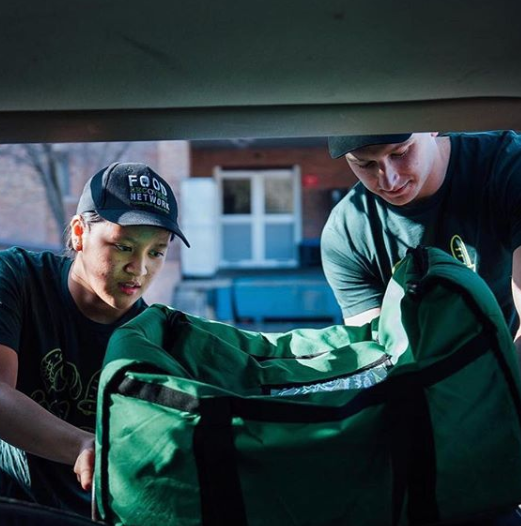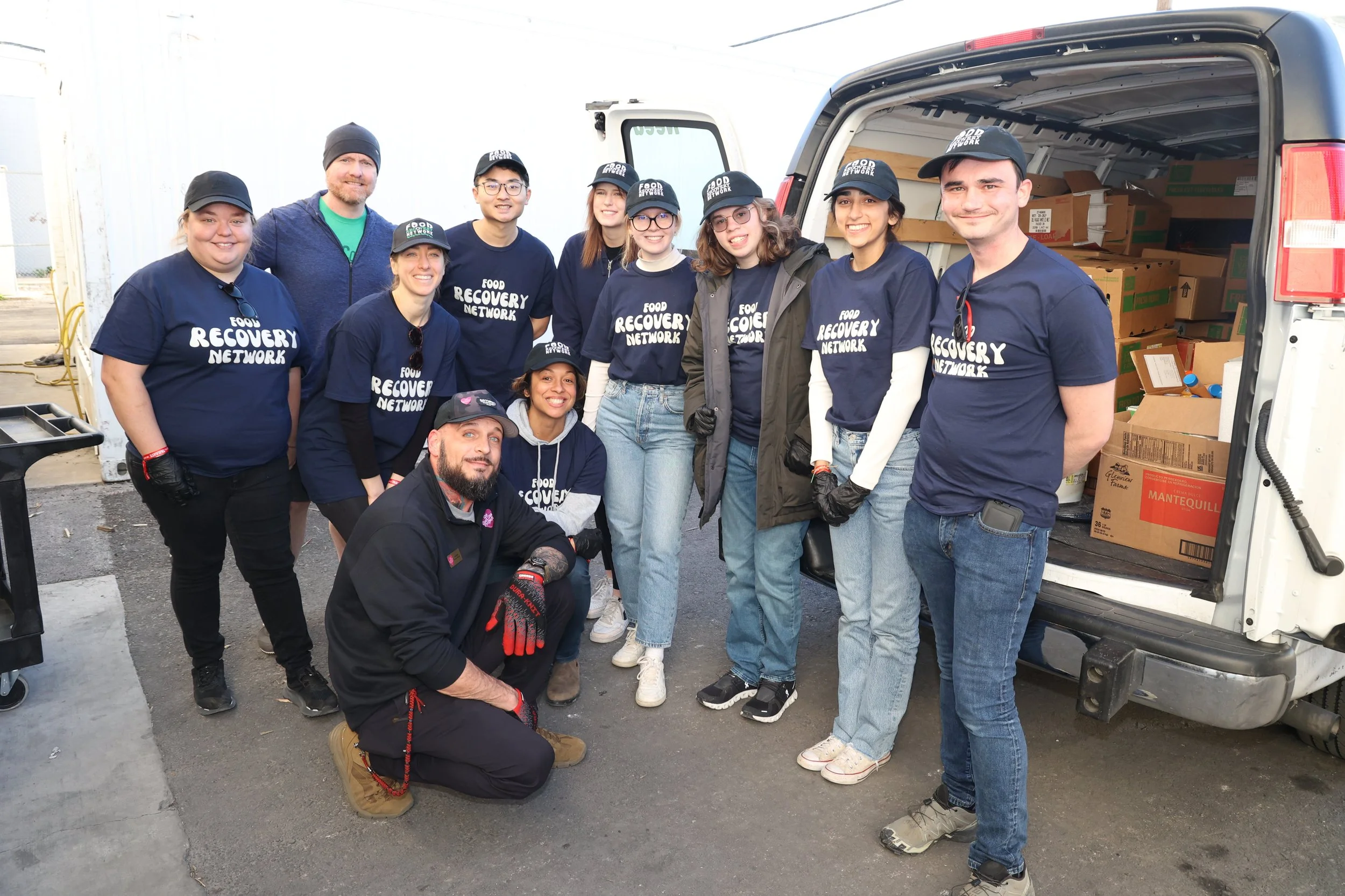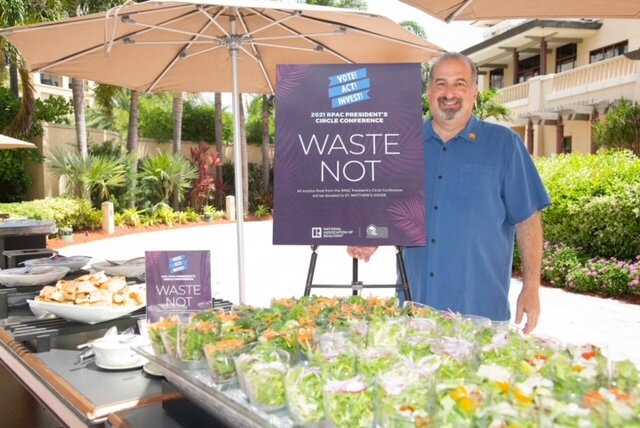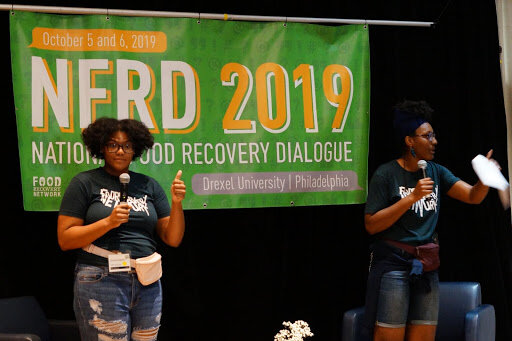I remember a couple of years ago when the National Association of Realtors® (NAR) came into Food Recovery Network’s...well, network. FRN’s team member, Erin, told me that NAR was interested in having a member event Food Recovery Verified. We were very happy to support that effort.
The information about NAR’s event kept coming in: could we also support a pledge campaign to Realtors® across all 50 states who also wanted to have their local events Food Recovery Verified? The pledge would see Realtors® sign up on their phones to state they would work to put a recovery plan in place for their events. I stopped what I was doing to learn more about what was unfolding. Upon learning from Erin that thousands of Realtors® would attend the event, and that event highlights would be shared with thousands more across the country, I realized what this reach could mean for the work of food recovery and shifting from a process based on wasting perfectly good surplus food because that’s just what has always been done, to one based on recovering that precious food instead. I asked Erin if she felt prepared for this incredible opportunity and there was no hesitation: Yes. We were ready and able to support Realtors® to create food recovery programs.
NAR CEO Bob Goldberg and FRN Program Manager Erin Price
Bob Goldberg championing food recovery at an NAR event
As this new partnership developed, we learned so much about the different events Realtors® host across the country and were thrilled to meet so many people who would rather see the surplus food from their events help their communities. We were able to talk directly with NAR CEO Bob Goldberg and learn more about his long-standing commitment to ending homelessness and hunger.
As we emerge from the closures of the pandemic, NAR has populated a calendar full of events for its members and has not wavered from its dedication to ensuring the food from its events is redirected into local communities. FRN will continue to support these efforts. In 2021, Bob joined the FRN National Board of Directors to further support the mission of FRN. We know that when we work together, we can redesign structures to ensure people have the food they deserve faster.
Please read our shared press release about our partnership. I want to highlight this partnership because if the largest trade association in the world can commit to doing the right thing with their surplus food, surely all event hosts can work to put food recovery plans in place. We’ve all either wondered what happens to the extra food at the end of an event or seen for ourselves the food being tossed away. We all have the power to ensure that food doesn’t get thrown away today.
I want to give a huge THANK YOU and hug to all of the Realtors® across the country. Thank you, NAR, for your leadership in changing the culture from easily tossing away food to instead, just as easily, helping our community members.








